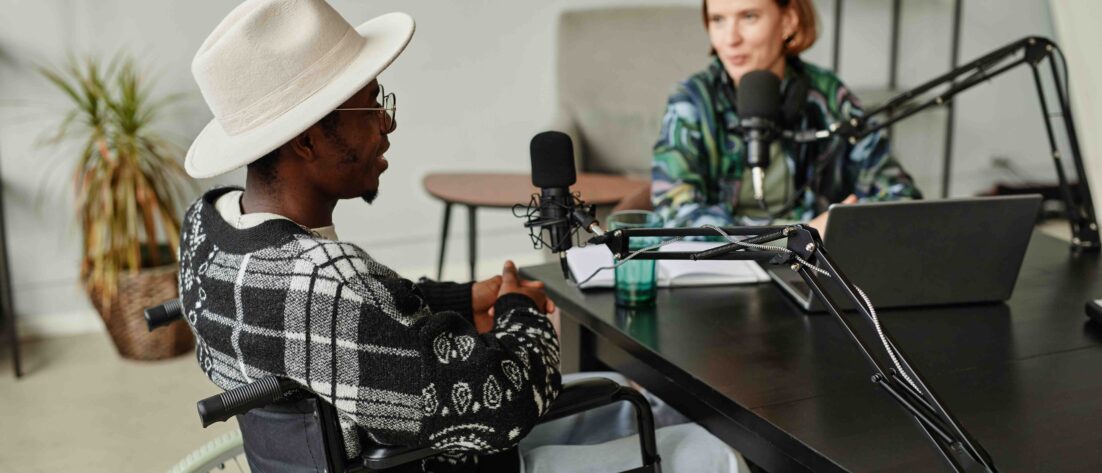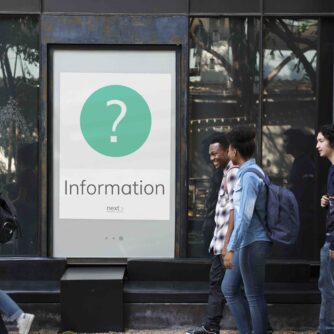Introduction
In a digital age characterized by the rapid spread of information—and misinformation—having reliable sources for healthcare knowledge is more crucial than ever. Enter healthcare podcasts: an evolving platform that marries the need for credible information with the public’s growing appetite for on-demand audio content. This blog post explores the transformative power of healthcare podcasts and how they are bridging knowledge gaps, empowering healthcare professionals, and educating the general populace.
The Rise of Podcasts
Podcasts have exploded in popularity over the past decade, reaching various demographic groups and covering an endless array of topics. According to a report by Edison Research, over 40% of Americans aged 12 and above have listened to a podcast, and 24% listen to podcasts weekly. These numbers are growing every year.
The attributes that make podcasts universally popular—the convenience of audio format, the wide array of subject matter, and the intimate nature of the medium—also make them a compelling tool for healthcare education.
Healthcare Podcasts: Not Just a Trend
While podcasts in genres like true crime, comedy, or politics may grab the headlines, healthcare podcasts have steadily gained ground, catering to an audience thirsty for reliable information.
Here’s what sets healthcare podcasts apart:
Credibility and Expertise
Healthcare podcasts often feature interviews with medical professionals, research scientists, and healthcare policymakers who share their expertise and insights. This provides a level of credibility that other media formats can rarely match.
On-Demand Learning
The on-demand nature of podcasts makes it easier for healthcare professionals and the general public to consume important content on their own terms—be it during a commute, a workout, or downtime.
Accessibility
Podcasts can break down complex medical jargon into layman’s terms, making healthcare topics accessible to people without a medical background. This promotes public health literacy and enables more informed healthcare decisions.
The Impact on Healthcare Professionals
Continuing Education
Healthcare is an ever-evolving field. New research findings, updated guidelines, and emerging technologies are commonplace. Podcasts offer an easy way for healthcare professionals to stay updated without sifting through dense medical journals.
Network Building
Podcasts often feature guests from various healthcare sectors and specialties. Listening to these episodes can expose healthcare professionals to a broader network, opening doors to collaboration, research opportunities, and career growth.
Enhancing Patient Care
Staying updated on the latest medical research and healthcare trends equips professionals to provide better patient care. Podcasts can cover niche topics in depth, from rare diseases to the latest advancements in medical technology, providing practitioners with knowledge that can be directly applied in their practices.
The Impact on the General Public
Improved Health Literacy
Health literacy is essential for making informed decisions about one’s health. Healthcare podcasts can educate the general public on preventative measures, medical treatments, and healthcare policies, empowering listeners to take charge of their own health.
Bridging the Information Gap
The Internet is filled with healthcare information, but not all of it is accurate or reliable. Healthcare podcasts can serve as a trusted source, filling the gap between professional medical advice and the information that the general public can easily access.
Demystifying Medical Conditions
Podcasts can break down complicated medical topics into digestible information, making it easier for people to understand their medical conditions and treatment options. This can alleviate anxiety and promote better communication between patients and healthcare providers.
Future of Healthcare Podcasts
The rise of smart speakers and the integration of podcasts into more platforms suggest that healthcare podcasts will continue to grow in reach and impact. Moreover, as advancements in AI and machine learning make it easier to tailor content to individual preferences, we can expect healthcare podcasts to become even more personalized and relevant to the listener.
Conclusion
In a world inundated with information, healthcare podcasts stand out as a reliable and accessible source for medical knowledge. They offer unparalleled benefits for both healthcare professionals and the general public—keeping practitioners updated on the latest trends and research while empowering listeners with the information they need to make informed healthcare decisions.
Whether you’re a healthcare provider looking to deepen your knowledge or a patient seeking to understand your medical condition better, healthcare podcasts offer a versatile and valuable resource for everyone.
So, if you haven’t already started, now is the perfect time to dive into the world of healthcare podcasts and experience their transformative power firsthand.
This is a broad overview, and the field of healthcare podcasts is rich and multi-dimensional. But one thing is clear: they have emerged as an invaluable tool for advancing healthcare education and improving outcomes. And with advancements in technology and growing listenership, their influence is set to rise exponentially in the coming years.





